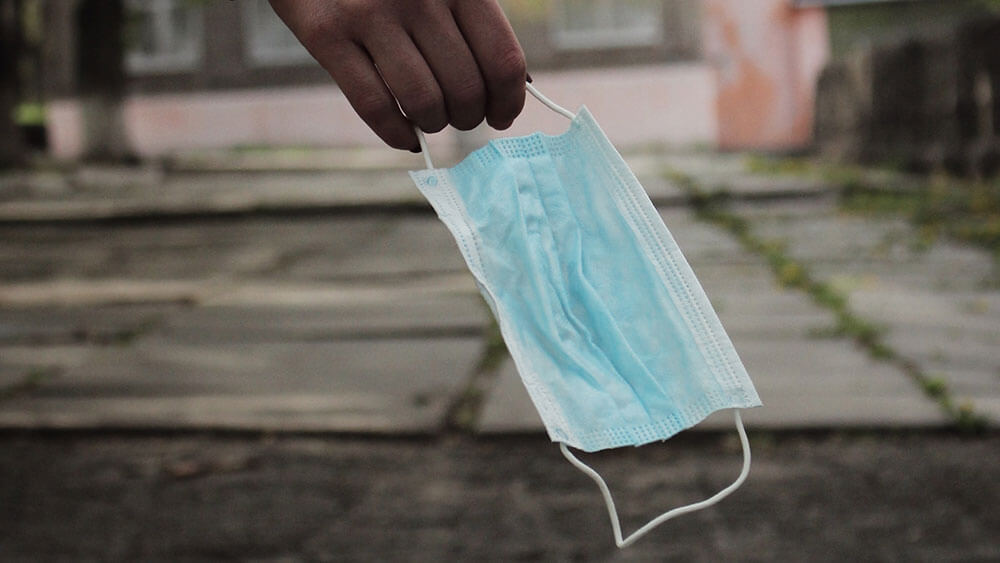
“Optimism bias” — when people underestimate the likelihood of something negative happening to them, for example — could be contributing to the spread of COVID-19, behavioral psychologists say. (Alin Luna/Unsplash)
For years, research has supported the benefits of optimism: better cardiovascular health, lower blood pressure, less anxiety, and better overall mental and physical health. But during a pandemic, being optimistic can work against us.
According to an article in Big Think, behavioral psychologists say optimism may be dangerous during COVID-19 because most people believe themselves to be less at risk from the virus than others similar to them.
That’s because it’s human tendency to overestimate the chances of experiencing something positive (like getting a promotion) and underestimate the likelihood of something negative happening to us (like getting robbed or sick). And this “optimism bias,” behavioral psychologists say, could be contributing to the spread of COVID-19.
A study that was conducted over three phases this year surveying 1,145 people in the U.S. found that the majority of people thought they were less likely to contract the virus than the average person is, regardless of their age or gender.
“This is very typical of what optimism bias is,” Tali Sharot, a cognitive neuroscientist at University College London (UCL) and the lead author of the study told CNBC Make It. In our jobs and relationships, optimism bias can help us to behave in ways that may contribute to positive outcomes. But during a pandemic, Sharot said, it affects our ability to assess risk and react appropriately.
Compounding Biases
Not only are we hardwired for an optimism bias, but also a confirmation bias — our tendency to interpret new information as confirmation of our existing beliefs or theories while ignoring information that contradicts them. Then there’s a third bias at work here that may help to spread the virus: We tend to underplay or discount the threat of something that we don’t actually see for ourselves, such as a microscopic virus or hospital wards filled with sick patients. This is called salience bias.
The Big Think article points out that internet echo chambers “exacerbate these cognitive biases. When others share our viewpoints, our biases are typically inflated, and it’s never been easier to curate our social circles with networks of people who do exactly that. This feeds into the tribalism and polarization that has added to the challenges of getting a majority of the U.S. population to comply with virus safety measures” — like mask-wearing.
The most effective way to counter the negative effects of cognitive bias during the pandemic, researchers say, may be to draw on our emotions — specifically our empathy. The UCL study’s researchers also found that people’s health-related behaviors were more closely connected to their expectations of the pandemic’s global impact.
“People who saw COVID-19 as a grave danger to the health of the human race were more likely to follow public health guidelines such as social distancing and hand-washing, even if they underestimated their own personal risks,” Sharot said. “This suggests that people are mainly engaging in protective behaviors for the benefit of others, and are not just guided by self-interest, which supports the use of public health messaging framed around concern for the greater good and protecting others.”
Michelle Russell is editor in chief of Convene.
